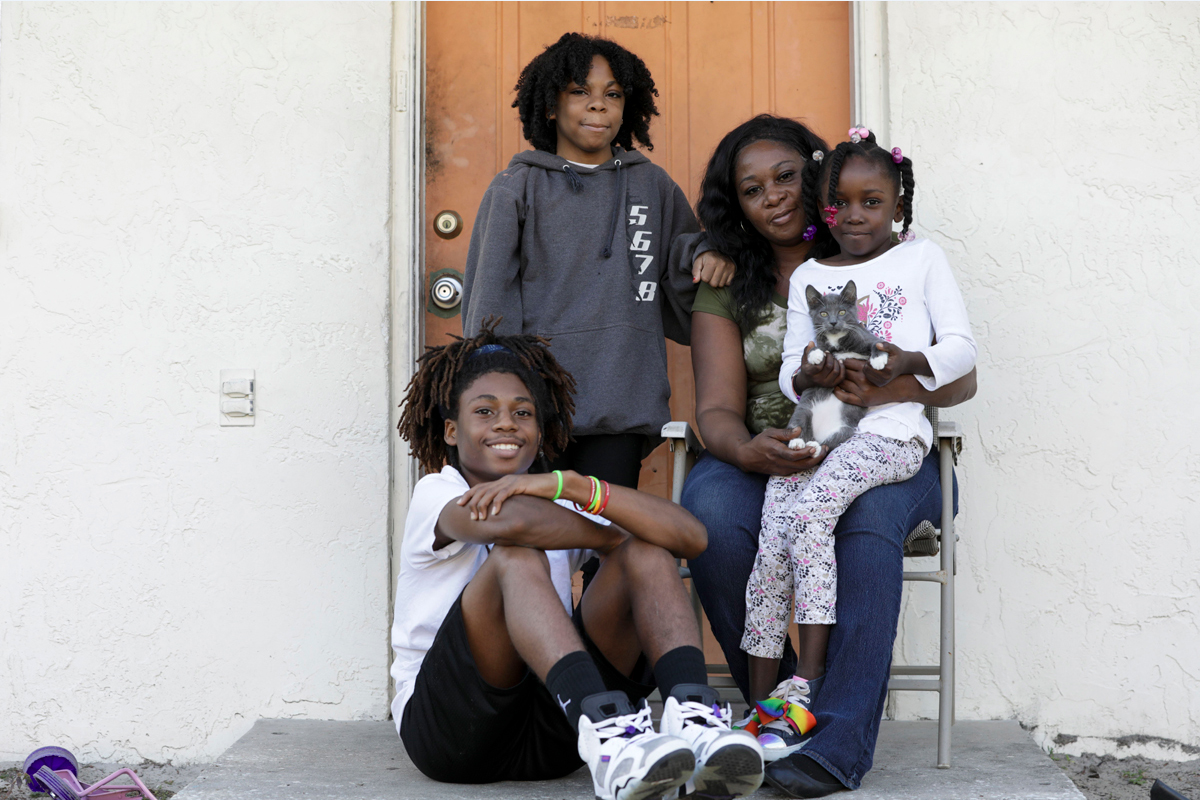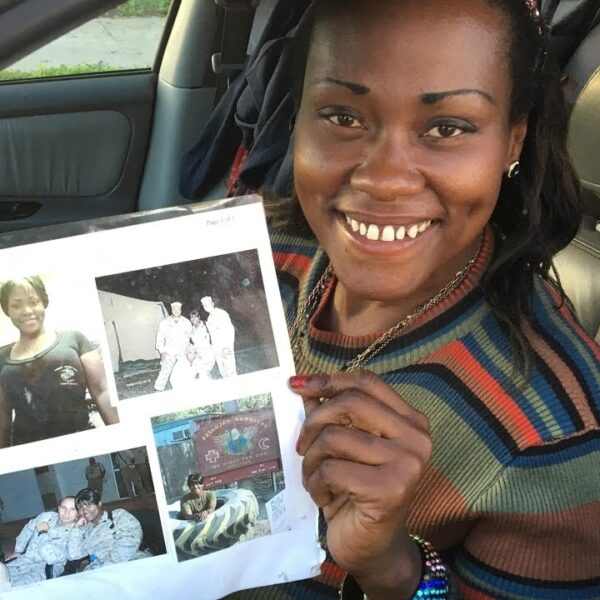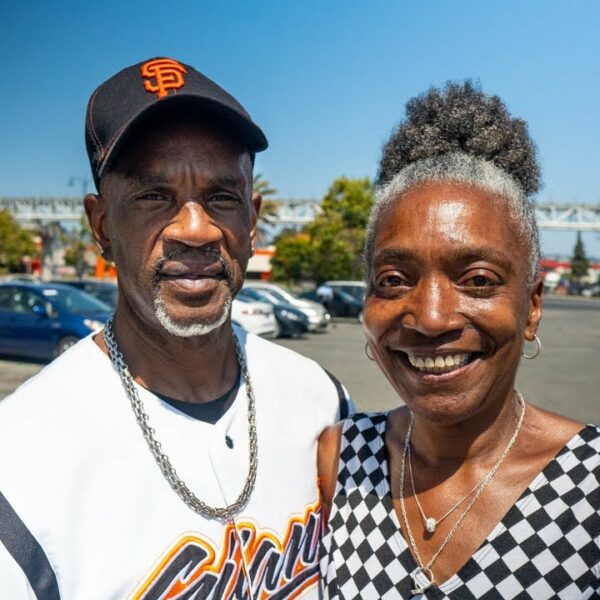Wuhan, China, December 31, 2019
Word of a new, unidentified virus started here. The origins of the virus now known as COVID-19 are foggy. Was it somewhere else before it reached China? Did it sweep the globe undetected for years? We may never have the answer to this. What is clear is that following this initial detection, the virus spread rapidly, effectively killing about 1.7 million people and leaving fear and chaos in its wake.
By the time the news of COVID-19 reached the United States of America, our nation was already dealing with a turbulent crisis- the affordable housing crisis, the aftereffect of which is rampant homelessness. All across the nation, people were being displaced due to wildfire, eviction, stagnant wages, and wealth inequality. Solutions to the problem were both inconsistent and sparse. With a shortage of more than 7 million affordable homes, the question of where to house our neighbors without walls was an unending one. It was the kind of question where every solution posed new problems and in turn, more questions.
But then, something very unexpected occurred. In an effort to scale back the spread of infectious disease, the whole world was temporarily put on pause. Restaurants and movie theatres closed. Schools implemented virtual learning and travel became a luxury nobody could afford. It was the latter that created a unique atmosphere. Suddenly, as a result of the shutdown, there was an abundance of empty hotel rooms.
Programs Like Project Turnkey Became a Lifeline for People Experiencing Homelessness and a Safety Net for all Americans
At the height of the pandemic, it was determined that the usual temporary fixes for homelessness like warming shelters, emergency shelters, and doubling up were inadequate in our new era of social distancing. One can say that, in terms of staving off the spread of infectious disease, these programs had always been inadequate. The emergence of a new threat simply served to highlight the holes in the flawed system. Whatever it was that caused this epiphany, the concept of housing homeless people in empty hotels swept the nation.
These efforts helped stop the spread.
“We’ve certainly flattened the curve,” remarked California Gov. Gavin Newsom in an interview with US News where he discussed the utilization of 16,000 hotel rooms for the mission of housing vulnerable and/or infected members of the homeless community.
As these programs continued for the better part of a year, it became apparent that housing people in hotel rooms did a whole lot more than just flattening the curve. This solution was turning out to be quite progressive as the first step toward housing individuals. Through these hotel programs, social services was able to effectively engage people by offering wrap-around-services that have the potential to transition into long-term housing options.
In the end, housing homeless people in hotels was proving to be a better option than criminalization and temporary homeless shelters in terms of all the following aspects:
- Creating long-term solutions
- Addressing all sorts of illness, physical, mental, emotional, etc.
- Reducing the spread of infectious disease
- Reducing unhoused people’s chances of becoming victims of violent crimes
- Taking unsheltered individuals out of unsafe environments like below freezing temperatures, raging wildfires, and storms that put them at risk for illness and in some cases, death
But Just as This Triumphant New Approach to Homelessness Got Its Wings, It Was Brought Crashing to an Unexpected Halt
In time, the novelty of the Coronavirus wore off. The government shutdowns shut down. Markets and movie theaters opened up and tourism (not the virtual variety, but the kind where people really get on planes and go places) became a thing again.
Hotel owners, having stayed afloat on the 75% reimbursement rate that was being offered by FEMA to house homeless people at that time, were more than happy to kick out their homeless tenants in preference of welcoming wealthy jet setters who were paying full price.
This action, a testament to corporate greed, did little more than swell the pockets of high-priced hotel owners.
But FEMA, recognizing the need to keep up these programs, upped the ante by offering 100% reimbursement. It went so far as to make those payments retroactive. It was this bold move by FEMA that created a new market that makes housing homeless people just as profitable as attracting tourists. The cause is certainly nobler and decreasing homelessness in this way serves to help:
- The economy
- The environment
- The whole of society
So why aren’t more hotel owners taking advantage of the new FEMA policies? Why are homeless people still being kicked out of the hotel rooms just when they started to get comfortable?
There’s never been a better time to buy hotels with the goal of using them to transition people enduring homelessness into housing. Talk to your representatives about building the blueprints for creating this kind of business model.
There will always be a new virus to tend to, but there doesn’t always have to be homelessness. Some claim homelessness is a choice. The question is, whose choice? Because right now, homeless people are saying they would choose to remain in these hotel rooms and FEMA is saying they’re willing to work harder to achieve that goal.













